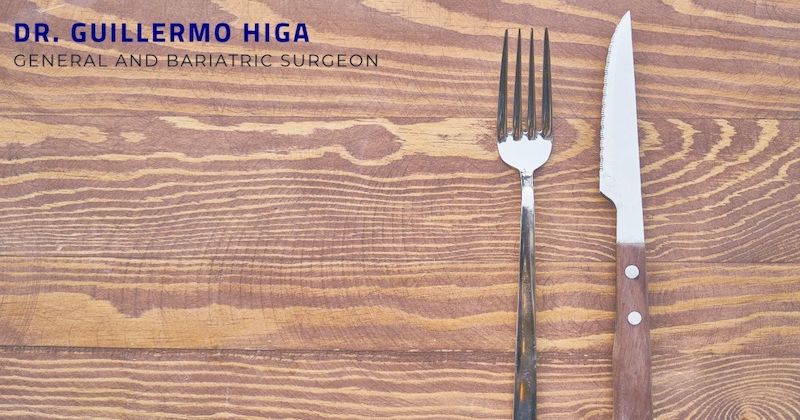Diet
So, you think you are hungry – but are you really? Is your body hungry, or is it head hunger? Head hunger can be caused by different triggers, but emotions are often the culprit.
Feelings like boredom, loneliness or sadness aren’t fun, and we all feel them. The first reaction for some of us is to distract. A quick, easy and often satisfying distraction is eating. That’s why it’s called comfort food.
What we see on TV can often be a cause of head hunger. How many food commercials were played during the break of your favorite show? These show you enticing images of food that make you want it, whether you’re hungry or not. Before you leave the house or grab that extra snack, ask yourself: do you really want this?
Portion sizes have gotten out of control too. We want our money’s worth when we go out, but often the portions are two or three times too big. Our head thinks we shouldn’t waste food, but sometimes, we need to think about our waist over waste. One helpful tip is to box half, or more, of your meal before you even begin. You save half the calories and have extra food for another day!
Hydration is also a leading cause of head hunger. When we are dehydrated, and many of us are, we tend to reach for food before we reach for water. This can add hundreds or even thousands of calories to the daily diet.
The best ways to avoid head hunger include:
- Make sure that you are hydrated throughout the day. Your bariatric surgeon will work with you to create the optimal water intake for your particular situation. By making sure that you consume at least 64ounces of water, you significantly reduce the risk of giving into head hunger
- Work closely with your support group team, which may include friends, family, your surgeon and other clinicians to create a plan to identify and manage stressors in your life. The first step is to know that when stress is affecting you. Then, having a stress relieving activity such as yoga, meditation, taking a step away, etc. allows you to address the stress immediately and not at let it turn into emotional eating
- Get yourself a DVR. Yes, it may seem silly, but watching those commercials truly do make you hungrier when, in fact, you are not. Not only that, but the foods and drinks being advertised are rarely healthy. Oftentimes, if they’re not loaded with sugar, they have a ton of salt and neither is good for you or your diet in the long run. Out of sight out of mind is very helpful in this situation
- A final quick tip is to take a second before you order and think: “Am I really hungry?” Simple questions such as these make you think back to everything you know about bariatric surgery, hunger and dehydration. You may take a step back and realize that you haven’t had a glass of water in a while. Having that water to replace some comfort food can save hundreds of calories and allow you to lose more weight faster
Head hunger is difficult to control, no doubt, but for most patients the best motivator is seeing how far they have come from the weeks before surgery to the months or years afterwards. Keeping a picture of the old you in your purse or pocket is great motivation to avoid eating the worst offending food when you sit down and meal. In the meantime, our practice, your friends and loved ones around you should be your primary source of information and inspiration to ensure that head hunger doesn’t get the best of you. As always, feel free to contact us for diet and exercise guidance.











